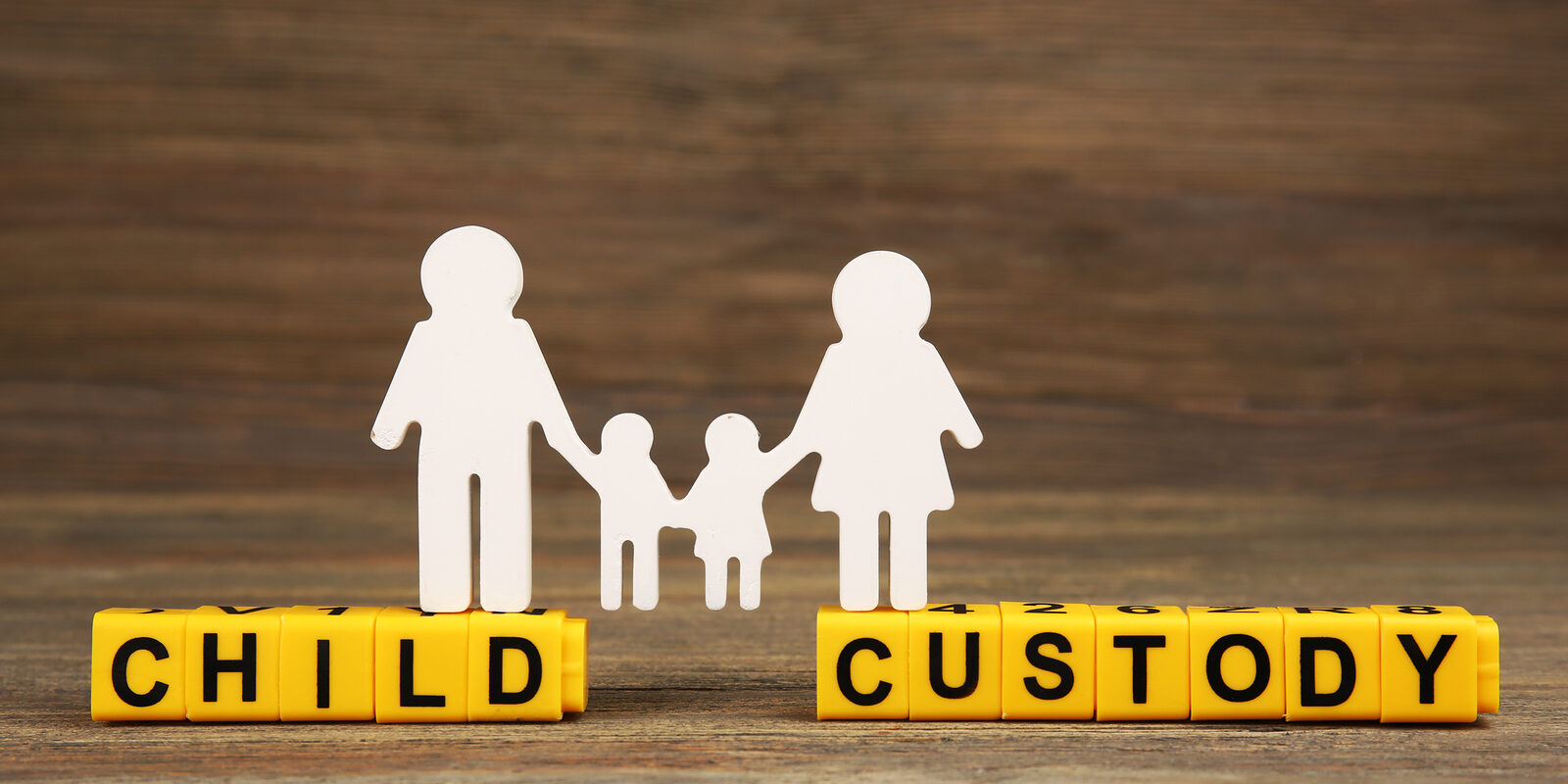When it comes to child custody, allegations of substance abuse are always issues that a judge will take seriously. However, what if your use of alcohol or marijuana is recreational, rather than problematic? Can your weekend activities negatively affect your right to see your children?
Legal and Illegal Drugs
When considering issues like child custody, a judge’s primary concern is always the safety and wellbeing of the children in the home. If the use of a substance like drugs or alcohol is putting the children in the home in danger, then the family court judge will likely intervene.
This is true regardless of whether a substance is legal or illegal. While Washingtonians have the right to consume alcohol and marijuana recreationally, they do not have the right to put their children in danger. To that end, parents who are accused of harmful or neglectful behavior as a result of their substance use may be required to prove to the court that they are fit parents, by partaking in alcohol or drug education classes, random drug testing, counseling courses, or other remedies the judge requires.
If a parent has never been accused of neglecting or abusing his or her children as a result of drug or alcohol use, then in most cases there will be no issues with occasional recreational use. However, this is only true for legal substances. Hardly any judge in the country would approve of a parent having custody of his or her children while “recreationally” using heroin or meth.
Drug Use and The Court
While it is important for family court judges to be aware if one parent has an issue with substance abuse, there are an unfortunate number of people who use their ex-partner’s recreational substance use against them, even if the children are not being harmed.
When making accusations of abuse or neglect due to alcohol or drugs, parents will be required to provide evidence that the other person’s substance use is harmful. Simply showing that a person uses a legal substance like alcohol or marijuana is not sufficient—without evidence of harm, the court will not be able to take action. Usually, this type of evidence comes in the form of testimony from friends and family, or screenshots of social media pictures or text messages showing excessive drinking or drug use.
If the court does find that a person is abusing drugs or alcohol, and that the abuse is harmful for the children, the judge can decide to limit that person’s time with the children. He or she might only be allowed supervised visits or could have his or her parenting time reduced. The judge will likely propose a course of action which the accused parent can take to show rehabilitation, after which time visitation or parenting time can be reinstated.
Help For Clients
If your former partner is abusing drugs or alcohol, or if you have been unfairly accused of abusing substances to the detriment of your children, you need experienced legal help. At Pacific Northwest Family Law, our attorneys understand what types of behaviors the courts consider dangerous and will help you protect both your rights and your children.
To schedule your initial case evaluation with Pacific Northwest Family Law, or to learn more about how Washington family courts treat drug and alcohol use, contact us today by calling 877-738-0777.



